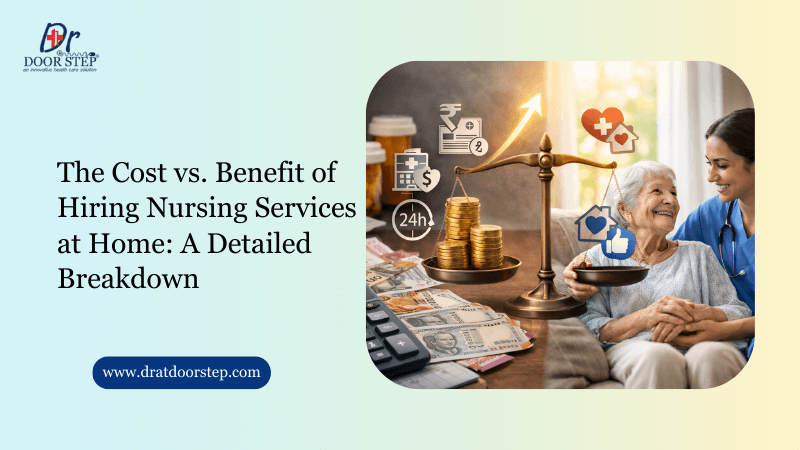The Future of 24-Hour Home Nursing Care and emerging Trends


The Cost vs. Benefit of Hiring.
Healthcare in India is changing fast. Families today are no longer depending only on hospitals for long-term care. Instead, nursing services.
Read More
How to Collaborate with Your Home.
Introducing nursing services at home Bangalore to your life is a substantial step towards the improvement of the caretaking process, home healthcare,.
Read More

